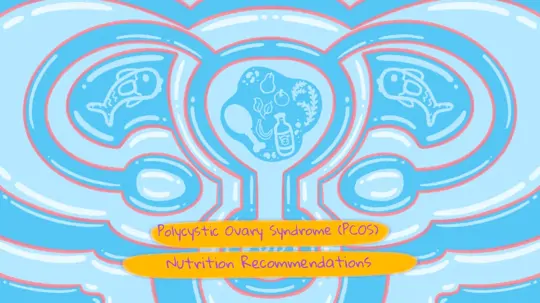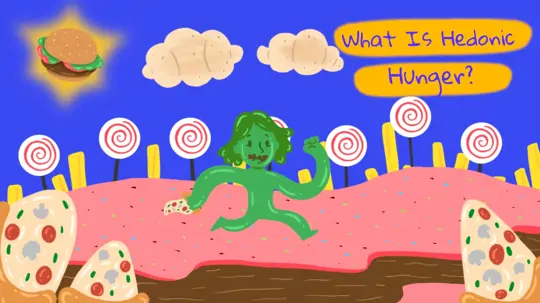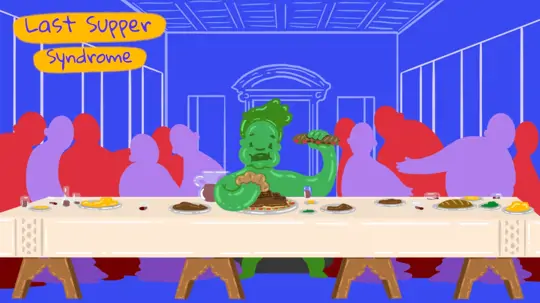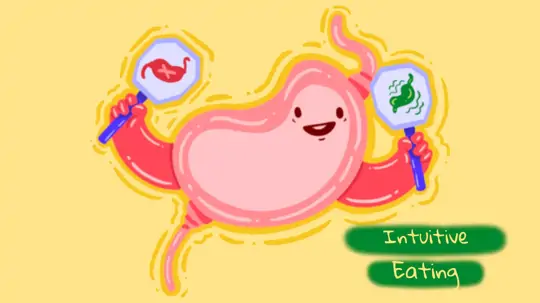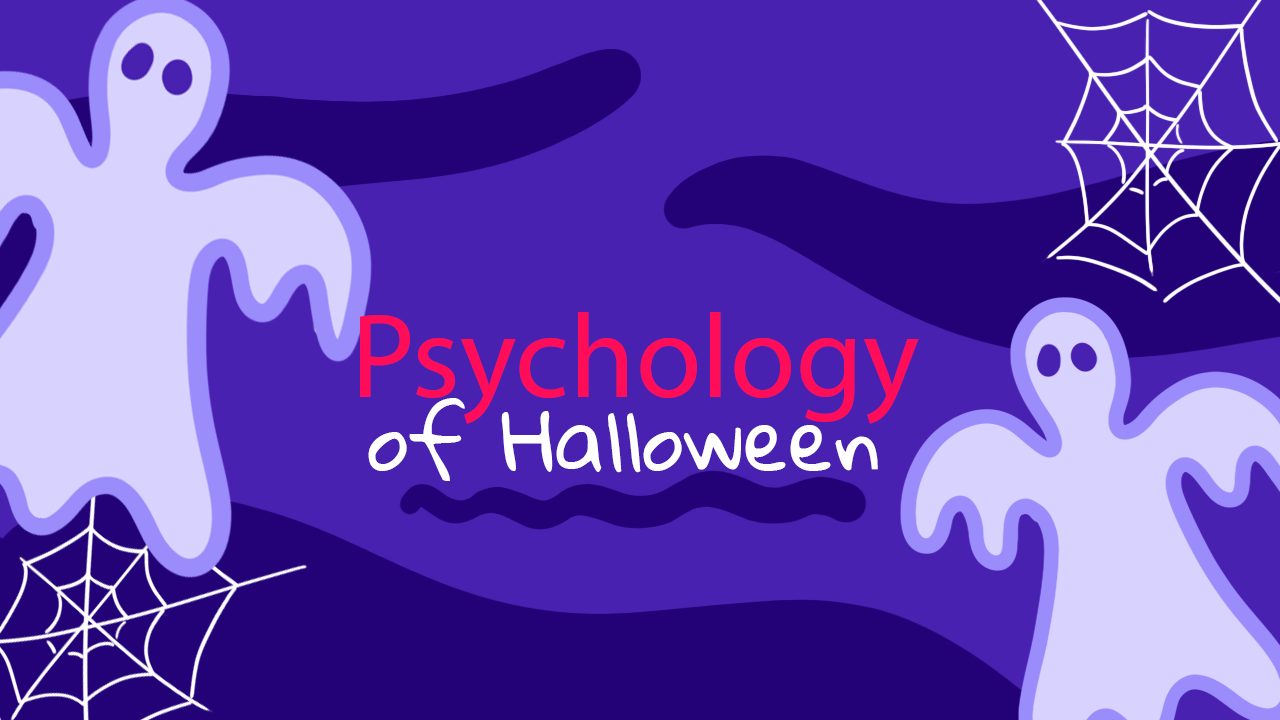
Start feeling better today!
Connect with your therapist today and take control of your life like our 850.000 happy clients.
Get StartedPsychology of Halloween
Worldwide, holidays and special days have long-standing dates. One of them is Halloween. Since ancient times, people have celebrated Halloween with various rituals in order to frighten away evil spirits and avoid being recognized by ghosts.
People used to believe that by lighting bonfires for celebrations, they could scare away evil spirits and that by disguising themselves, the ghosts would not recognize them1.
Halloween used to represent the beginning of the winter period and a new year for people in ancient times1. Change is always beautiful, but it is also unknown.
These unknowns cause anxiety and fear. One method of overcoming fears and uncertainties is to resist them. We can either scare away our fears or disguise ourselves and flee from them. Halloween exists as a holiday full of these rituals.
As people's reactions to the unknown and the ghosts and evil spirits they think live there have become more common, Halloween has become more associated with negative symbols such as ghosts, witches, vampires, and demons1.
How Is Halloween Celebrated?
People tend to gather around holidays and special days. People celebrate and socialize on Halloween by organizing parties and events2. Nowadays, parties are held in offices or nightclubs, and people dress up for Halloween to attend.
Children, like most holidays, are at the heart of Halloween. Children, like adults, dress up in various costumes, knock on doors, and have fun with "trick or treating." They are given money and candy treats3.
Psychological Effects of Halloween
Ghosts, demons, vampires, zombies, evil spirits, fairies, witches, and other supernatural beings So, why do we, as humans, seek out things that encourage us to engage in negative behaviors and emotions such as fear on Halloween?

Enjoying Fear
Actually, facing fears on Halloween and having fun without being scared of them is similar to watching a horror movie. We continue to watch horror films with a mixture of fear and curiosity. To summarize, the sensation of fear has a pleasurable side4.
Taking pleasure in one's fears may be a sign of a personality trait. In their activities, these people have an excitement-seeking nature. Despite how terrifying it may be, they can have fun by paragliding or bungee jumping.
Emotion Regulation
People who are able to easily empathize with others dislike horror films and other horror-related experiences because they tend to put themselves in the shoes of the survivors when viewing a horror scene4.
People with high emotion regulation, on the other hand, may be more likely to view Halloween as "just fun" or a horror film as "just a movie"4.
Costumes and Their Functions
Costumes are one of the most amusing aspects of Halloween. Some spend hours searching for and preparing Halloween costumes in order to win the best costume contest; others do it to look good as a couple; and others do it simply for fun.

As well as frightening creatures, Halloween costumes may include costumes with negative characteristics or the clothing of very famous characters. Makeup or masks suitable for the costume are applied. Additionally, makeup, masks, and costumes provide anonymity. Moreover, anonymity permits both adults and children to engage in more negative behavior. For instance, children who are anonymous in their Halloween costumes are more likely to consume more candy, consume alcohol, or act aggressively2, 4.
In addition to providing anonymity, wearing a costume on Halloween has psychologically relaxing effects. One of the most important psychological benefits of costumes is that they provide a temporary escape from the sense of self2.
Having a unique appearance is actually a component of who we are. Consequently, our behaviour is determined by standards that fit and do not fit us. When no one recognizes us and we hide behind a disguise, we are able to set aside our sense of self and move on.
Halloween also gives us the opportunity to wear what we can't wear and yet be socially accepted2. Because being socially accepted and dressing as we please without being judged is something we strive for in our daily lives, it is not a stretch to say that Halloween is psychologically beneficial to us in this regard!
Furthermore, dressing up as our fears for Halloween allows us to confront them while also revealing that we possess all of the traits we fear and shame in our human side.
Making Fun of Fears on Halloween
Even if Halloween is associated with the issues that comprise our fears, it has the potential to go beyond simply feeding our fears. It can even open the door to play and imagination5.
Approaching objects or elements that are avoided in daily life due to fears for entertainment purposes, and even making fun of fears in this way, can help children's imagination and creativity in a healthy way.
When we look at the fears that surfaced during Halloween, we can see that the fears that do not pose a threat at the time are expressed through costumes and masks. There is a psychological technique known as "exposure."
This method focuses on desensitizing people to their fears by exposing them to the source of their actual fears. Halloween, on the other hand, can be viewed as a holiday in which we mock and become insensitive to them, disguised as things we would fear if we encountered them in real life.
In some ways, exposing ourselves to a nonexistent fear object and making fun of our fears allow us to simulate fear, or reenact it by pretending. This entails enjoying the sensation of fear based on our sense of safety. To put it another way, it is "a way to play with emotions and fears without risking any real cost"6.
It also makes more sense to glorify fears by incorporating them into the holiday, and to create a fun therapeutic effect by being exposed to them, rather than to make them taboo. It is beneficial for us to break social boundaries and conventions for fears that have become taboo through fun activities and to demonstrate that we do not take fears seriously7.
So we don't have to wait until October 31st to have our fears teased by Halloween. We can simulate our fears and make peace with them by creating spaces for us to do so in our daily lives. We can help ourselves by incorporating the therapeutic effects of Halloween into our lives!
Sources
- www.britannica.com/topic/Halloween
- www.thriveworks-com.translate.goog/blog/psychology-halloween-costumes-trick-or-treating/
- www.history.com/topics/halloween/history-of-halloween
- www.theconversation.com/trick-or-treat-the-psychology-of-fright-and-halloween-horrors-49800
- www.ccpa-accp.ca/the-psychology-of-halloween/
- www.cornellsun.com/2019/10/31/crave-the-scare-on-halloween-the-psychology-behind-fear/
- www.psychologytoday.com/us/blog/culture-shrink/202010/why-halloween-can-be-therapeutic
